赋予残障者权力,确保包容与平等——中国残障政策对话在北京举行
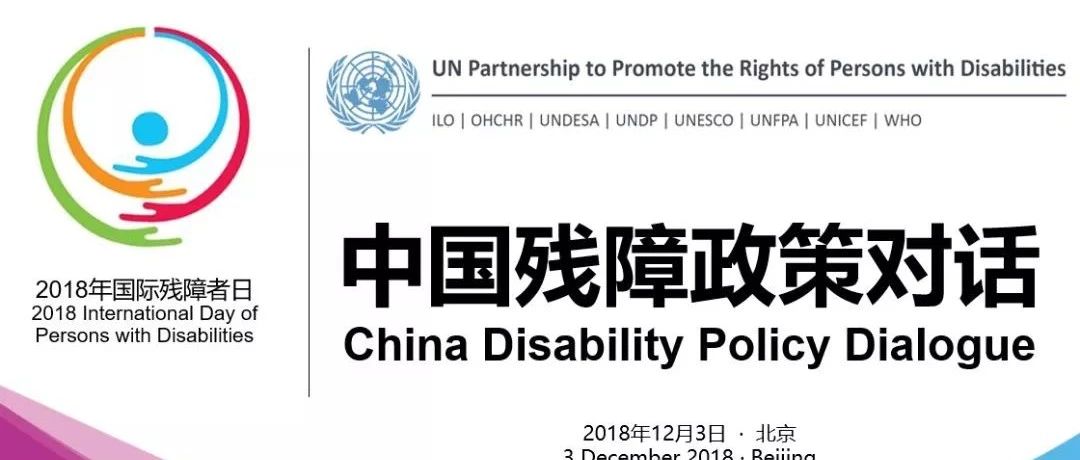
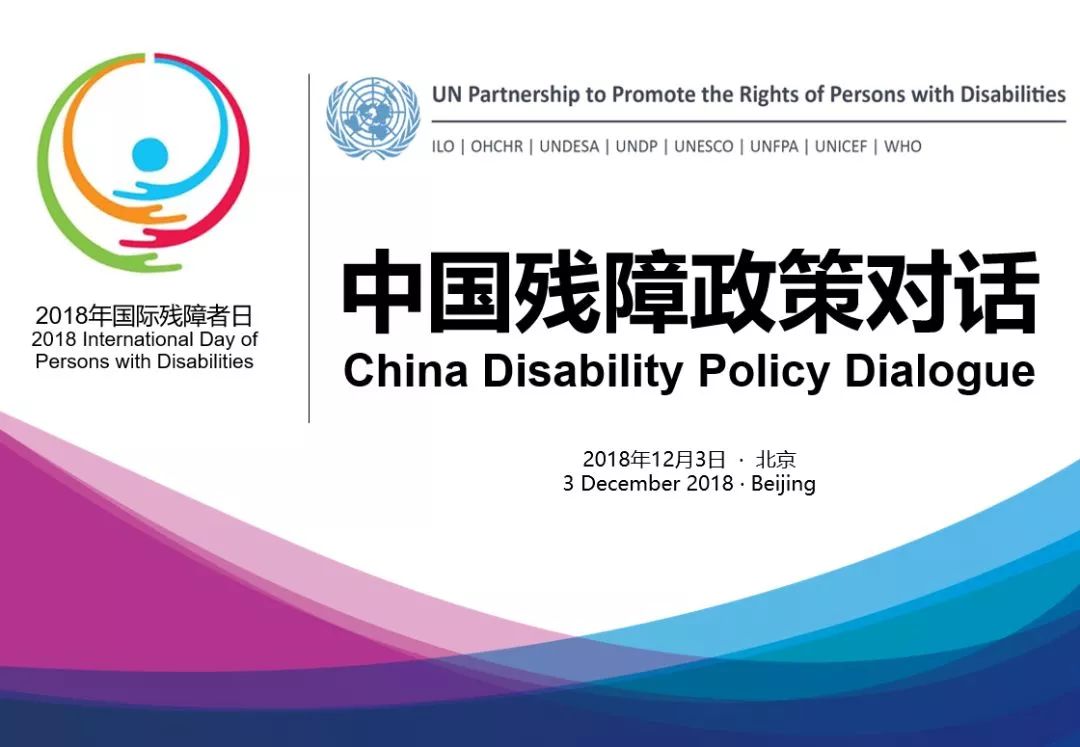



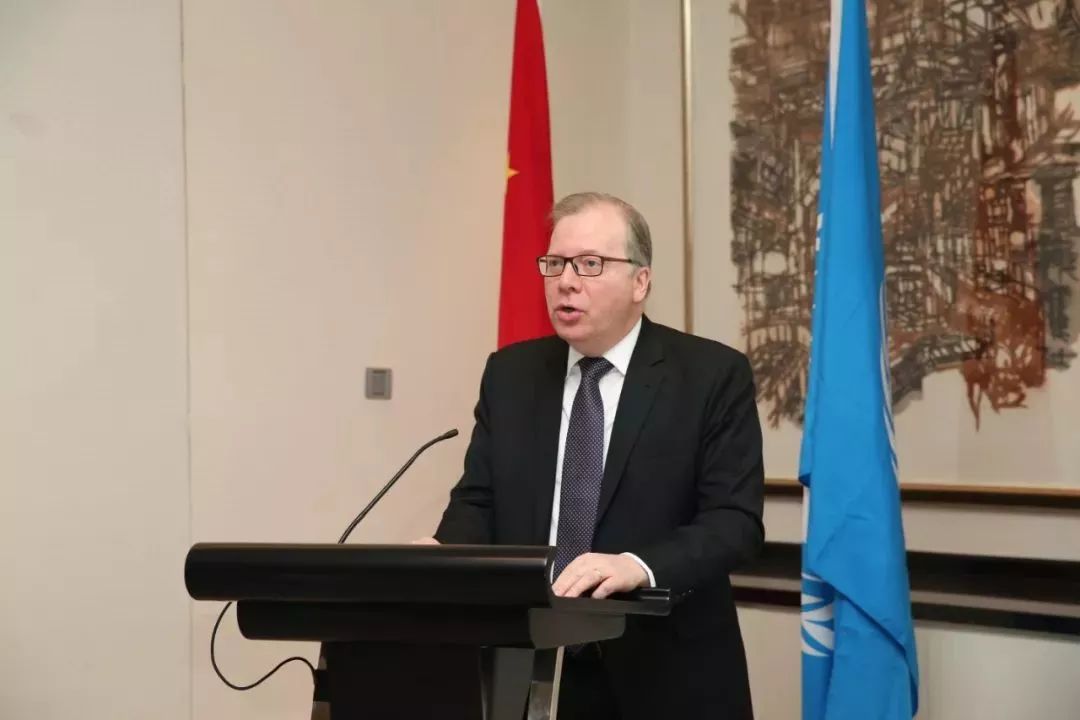
联合国驻华协调员罗世礼
Mr. Nicholas Rosellini, UN Resident Coordinator in China



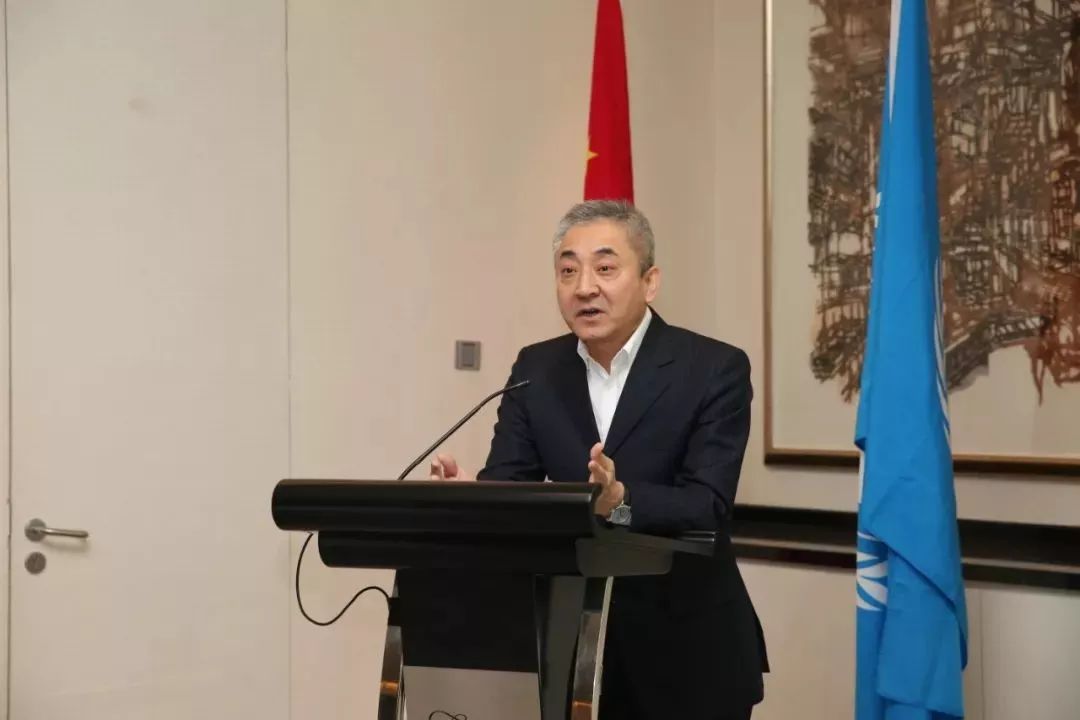
中国残疾人联合会国际部主任尤亮
Mr. You Liang, Director General of International Affairs at the China Disabled Persons’ Federation



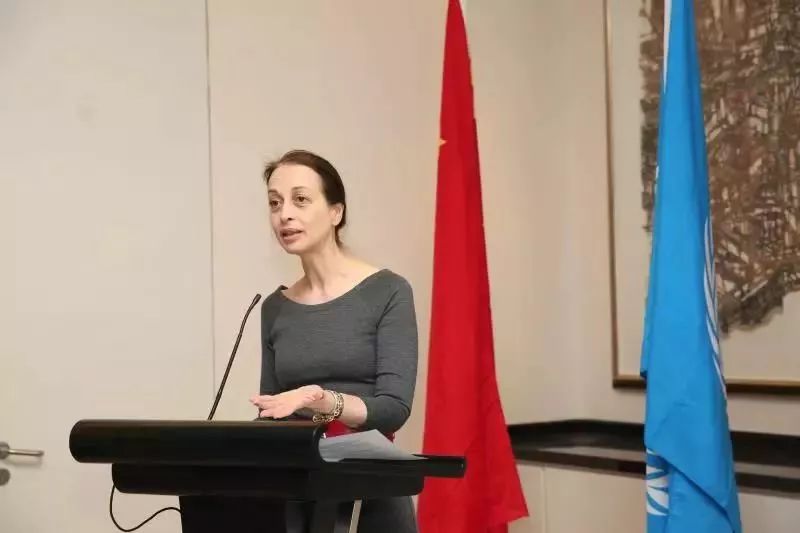
联合国教科文组织驻华代表处主任兼东亚五国代表、联合国中国残障小组主席 欧敏行博士
Dr. Marielza Oliveira, Director and Representative of the UNESCO Beijing Cluster Office and Chair of the UN Sub-group on Disability


联合国教科文组织驻华代表处主任兼东亚五国代表、联合国中国残障小组主席欧敏行博士指出,虽然中国在对待和处理残障问题上仍存在一些挑战和差距,但已经从“医疗模式”向“社会模式”转变 。国际社会对残障包容这一领域越来越关注,这也要求中国作为国际领袖和影响者给予积极有力的回应。在这方面,联合国愿对中国提供相关协助。

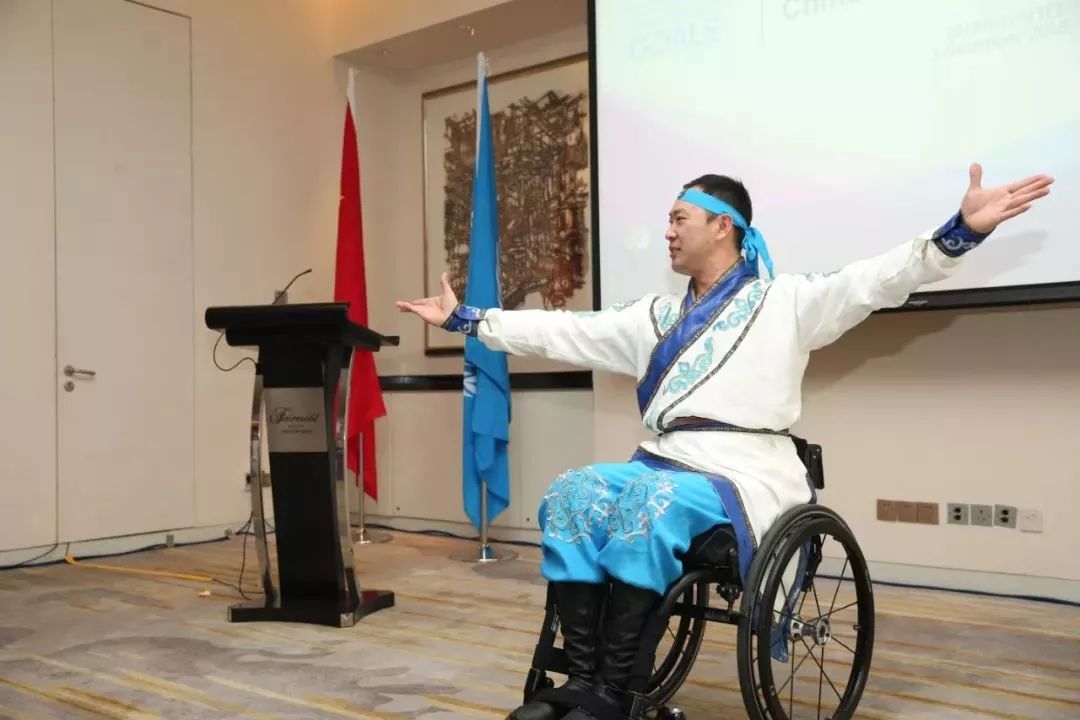
李辉在活动现场进行舞蹈表演
Dance performance by Li Hui

今天共有二十多位嘉宾分享了中国在残障领域的最新发展和面临的挑战,包括教育、就业、卫生、司法和社会援助、信息无障碍和对残障群体(尤其是残障女性)等方面的政策及实践。

小组讨论 / Panel Discussion

小组讨论 / Panel Discussion

会上讨论的许多问题是相互交织的。于2017年生效的《残疾人教育条例》修订版要求主流学校招收残障学生,但许多学校仍无法确保残障学生在包容的环境中接受相关的和高质量的教育。
将残障者排除在主流教育之外会降低他们的就业能力,而且,即使他们具备相应的资格,企业也因为缺乏无障碍设施和相关支持,而无法雇用他们。
中国的残障者就业配额制度是一个重要的里程碑,但如果没有足够的安置和咨询服务、培训和设施,就无法全面实施。残障女性和青年在获得性与生殖健康服务方面困难重重,歧视和污名化也是残障人士进行社会参与的阻碍,而新闻媒体在这方面的作用至关重要。推动跨部门跨行动的伙伴关系对于促进社会包容至关重要,这正是本次活动的意义所在。

听障大学生王娇艳教参会者们手语
Wang Jiaoyan, a college student with hearing impairments was teaching the participants sign language.

中国残障政策对话汇集了不同领域的专家来交流最佳实践,并探讨用多学科的方法来解决残障包容方面的困难。全球商业与残障网络中国分支于今年八月启动,它以商业为主导,将商业与残障者直接对接,促进残障者就业。会议还提出了一些创新的解决办法,例如小米公司以用户参与的互联网开发模式进行信息无障碍建设,这表明私营部门在解决全球发展问题方面正发挥着越来越积极和重要的作用。
小米公司的员工体验视障者的一天 Staff of MIUI experienced a day as visually impaired persons

国际劳工组织北京局局长柯凯琳
Ms. Claire Courteille-Mulder, Director for ILO Country Office for China and Mongolia




集体合影 / Group photo



Empowering persons with disabilities
and ensuring inclusiveness and equality
– China Disability Policy Dialogue held in Beijing
The China Disability Policy Dialogue was held in Beijing today - the International Day of Persons with Disabilities. Over 80 representatives from the government, academia, the civil society - in particular persons with disabilities and their representative organizations, the media, as well as the private sector attended the event.
Mr. Nicholas Rosellini, UN Resident Coordinator in China highlighted China’s progress on advancing the equal rights of persons with disabilities, as guaranteed by the UN Convention on the Rights of Persons with Disabilities (UNCRPD). He stressed that at the UN “it is our objective that persons with disabilities are empowered to fully and equally participate in China’s development process, so that the Sustainable Development Goals are realized not only for persons with disabilities, but also by and with persons with disabilities.” Many participants attending the event echoed this remark.
Mr. You Liang, Director General of International Affairs at the China Disabled Persons’ Federation introduced China's work in promoting disability inclusion, in the context of participating in the work of the United Nations Committee on the Rights of Persons with Disabilities.
Dr. Marielza Oliveira, Director and Representative of the UNESCO Beijing Cluster Office and Chair of the UN Sub-group on Disability noted that a shift from the “medical model” to a “social model” in viewing and responding to disability has already taken place in China, although there are still challenges and gaps to address in all spheres of the society. Global developments pointing to a rapid increase in attention to disability inclusion also requires a positive and robust response from China as an international leader and influencer. The UN is here to assist in this effort.
More than twenty speakers shared latest development and remaining challenges in the disability field in China, from the policy level to the community practices in education, employment, health, access to justice and social assistance, information accessibility and media reporting for persons with disabilities, paying special attention to women with disabilities.
Many issues discussed at the event are intertwined. The Revised Regulations on the Education of Persons with Disabilities, which came into force in 2017, requests that mainstream schools take students with disabilities. However, many schools still lack capacity to ensure every student with disability receive relevant and quality education in an inclusive environment. Excluding persons with disabilities from mainstream education reduces their employability, and even when they are qualified, companies are not ready to hire them due to the lack of accessibility and support needed. China’s quota system for hiring persons with disabilities is an important milestone but without adequate placement and counselling services, training and facilities, it cannot be fully implemented. Women and young people with disabilities face significant barriers to access sexual and reproductive health services. Discrimination and stigma also hinders the social participation of persons with disability, and the role of media is crucial in that respect. Fostering partnerships across sectors and activities is essential to promote social inclusion and this is what today’s event is all about.
The Policy Dialogue brought together experts working in diverse areas to share best practices and explore a multi-disciplinary approach to address these difficulties in disability inclusion. The Global Business Disability Network - China Chapter, launched in August this year, is a business driven initiative to promote the employment of persons with disabilities, linking business directly to persons with disabilities. Innovative solutions, such as MIUI’s user-participatory approach to the internet development and the promotion of information accessibility was also presented, demonstrating that the private sector is playing an increasingly active and vital role in solving global development issues.
In closing the event, Ms. Claire Courteille-Mulder, Director for ILO Country Office for China and Mongolia concluded that “Access to education, employment, income, information, control over one’s body and sexuality are everybody’s basic aspirations and there is no difference for persons with disabilities. By acting together across our fields and sectors, we can create this environment in which all of us, including people with disabilities, enjoy a life free of stigma and discrimination.”
The China Disability Policy Dialogue was held as part of the United Nations Partnership on the Rights of Persons with Disabilities (UNPRPD) China Programme. Since 2014, the ILO, UNDP, UNESCO, UNICEF, and UNFPA have been working together with national partners and stakeholders to reduce inequalities and promote disability inclusion. Through capacity building, evidence based advocacy, technical support and partnership development, the project led to changes in laws, polices and strategic frameworks to promote the inclusion of persons with disabilities in China.
|
|


